The world of esports is evolving rapidly, and with it, the role of coaching has never been more vital. As I dive into the intricacies of esports coaching, I realize it’s not just about honing skills or mastering strategies.
It’s about building a cohesive team that can thrive under pressure and adapt to the ever-changing landscape of competitive gaming. In this article, I’ll explore effective coaching strategies that enhance team dynamics and mental preparation.
Understanding how to foster communication and trust among players can make all the difference in high-stakes matches. Whether you’re a seasoned coach or just starting out, these insights will help you elevate your team’s performance and navigate the unique challenges of the esports arena.
Overview of Esports Coaching
Esports coaching focuses on optimizing team performance through skill enhancement, strategic planning, and psychological readiness. Coaches play a crucial role in developing players’ competencies, ensuring they excel individually and collaboratively.
They assess player strengths, identify weaknesses, and design tailored training programs that elevate overall team dynamics. Coaching also emphasizes communication. Effective coaches nurture open dialogue within the team, fostering an environment where players feel comfortable expressing ideas and concerns.
This open communication builds trust, essential during high-pressure situations where quick decisions matter.
Effective Coaching Strategies
Effective coaching strategies focus on enhancing player skills and team cohesion. I’ll detail training methods and communication techniques that elevate performance in esports.
Training Methods
Training methods play a critical role in skill development. I prioritize various approaches to ensure comprehensive player growth:
- Individual Skill Drills: Custom drills target specific player weaknesses, allowing for focused improvement.
- Team Practice Sessions: Structured sessions simulate competitive scenarios, enhancing teamwork and strategic execution.
- Replay Analysis: Reviewing gameplay footage provides insights into mistakes, enabling players to learn and adjust strategies.
- Collaborative Workshops: Workshops encourage shared knowledge, allowing players to learn from one another’s experiences.
- Physical Conditioning: Training includes physical fitness to enhance stamina and concentration, improving overall gameplay performance.
Communication Techniques
Effective communication techniques foster trust and enhance team dynamics. I employ several methods to promote open dialogue among players:
- Daily Check-Ins: Regular individual or team meetings ensure everyone’s thoughts and concerns are addressed.
- Role Clarity: Clearly defining player roles minimizes confusion, promoting responsibility and accountability.
- Feedback Sessions: Constructive feedback encourages growth, allowing players to discuss strategies and performance openly.
- Conflict Resolution Strategies: Implementing structured processes helps resolve issues quickly, maintaining a positive atmosphere.
- Encouraging Open Dialogue: Creating a culture where players feel safe to express ideas cultivates creativity, resulting in innovative strategies.
By employing effective training methods and communication techniques, I enhance my team’s performance and build a strong foundation for success in competitive esports.
Understanding Team Dynamics
Team dynamics play a critical role in the success of any esports team. The interaction between players significantly influences performance, as does the distribution of roles based on individual strengths and preferences.
Roles within a Team
Clearly defined roles within a team contribute to overall effectiveness. Each player should understand their responsibilities, which can include:
- Fragger: Focused on securing kills and gaining advantages in engagements.
- Support: Provides assistance to teammates, often through utilities or maintaining vision.
- Leader: Strategizes during matches and maintains team focus and morale.
- Entry Fragger: Initiates engagements, creating opportunities for the team to capitalize on.
- Strategist: Analyzes gameplay for tactical adjustments and informs team decisions.
Aligning players with roles that match their skill sets fosters confidence and efficiency. Regular feedback helps players adapt and refine their roles, ensuring that the team operates cohesively.
Building Team Chemistry
Building team chemistry is essential for success in high-stakes environments. Effective strategies include:
- Regular Practice: Scheduling consistent team practices strengthens relationships and enhances synergy.
- Social Activities: Engaging in non-gaming events promotes camaraderie and trust among players.
- Open Communication: Encouraging honesty and feedback throughout training and matches cultivates a culture of support.
- Conflict Resolution: Addressing issues promptly prevents misunderstandings and fosters a positive atmosphere.
- Shared Goals: Setting collective objectives reinforces commitment to the team’s success.
Investing time in these strategies leads to improved collaboration during matches and heightened resilience under pressure, ultimately enhancing performance.
The Importance of Mental Preparation
Mental preparation plays a critical role in esports performance. It equips players with the tools to handle the pressures of competition, significantly impacting their gameplay and team dynamics.
Techniques for Mental Resilience
- Visualization: I encourage players to visualize success before matches. This technique enhances confidence and prepares the mind for various in-game scenarios. By imagining themselves executing strategies successfully, players foster a stronger belief in their abilities.
- Mindfulness Exercises: Implementing mindfulness practices, such as meditation and deep breathing, helps players manage anxiety. These exercises promote a calm state of mind, allowing for better decision-making and reaction times during high-stress situations.
- Positive Self-Talk: I recommend players engage in affirmative dialogue with themselves. This practice helps counter negative thoughts and maintains motivation. Phrasing affirmations positively boosts confidence and can improve overall performance.
- Goal Setting: Setting both short-term and long-term goals provides players with direction and motivation. Clear, achievable goals contribute to a sense of purpose, fostering resilience in the face of challenges.
- Reflective Journals: Keeping a journal allows players to track their progress and reflect on experiences. Writing about emotions and thoughts can clarify challenges, providing insight into how to overcome them in future matches.
Strategies for Focus and Concentration
- Structured Routines: Establishing pre-game routines fosters familiarity and concentration. Routines help players transition smoothly into a focused mindset, reducing distractions.
- Environment Control: I advise players to optimize their surroundings by minimizing noise and interruptions. A clutter-free environment enhances focus, allowing players to concentrate fully on the game.
- Pomodoro Technique: Implementing time management techniques, such as the Pomodoro technique, encourages focused practice sessions. Breaking work into intervals enhances productivity and maintains players’ focus throughout training.
- Regular Breaks: It’s crucial to incorporate short breaks during training and practice. These breaks prevent mental fatigue and rejuvenate focus, ensuring sustained attention during crucial game moments.
- Limit Multitasking: I emphasize the importance of limiting distractions. Focusing on one task at a time supports deeper concentration and more effective skill development.
Emphasizing mental preparation techniques establishes a strong foundation for success in esports. By adopting these practices, players enhance their mental endurance, focus, and overall performance during intense competition.
Future Trends in Esports Coaching
Future trends in esports coaching focus on technological advancements, data analytics, and holistic player development. As the industry evolves, coaches must adapt to these changes, fostering growth and enhancing performance.
- Integration of AI and Machine Learning: AI and machine learning provide opportunities for personalized coaching. Coaches use AI tools to analyze gameplay data, identifying patterns and offering actionable insights. This leads to more effective training programs tailored to individual players.
- Increased Emphasis on Mental Health: The importance of mental health in esports coaching continues to grow. Coaches prioritize mental wellness by incorporating resources such as sports psychologists and mental health workshops. This focus helps players cope with pressure and maintain peak performance.
- Blending Physical and Mental Training: Combining physical conditioning with mental preparation becomes essential. Coaches incorporate physical workouts aimed at improving stamina, flexibility, and coordination. These physical attributes positively impact players’ mental resilience and focus during matches.
- Utilizing Virtual Reality (VR) Training: VR technology offers immersive training experiences. Coaches utilize VR to simulate high-pressure scenarios, enabling players to practice decision-making in realistic environments. Exposure to these scenarios enhances players’ adaptability in real competitions.
- Building Diverse Coaching Teams: Diverse coaching teams foster inclusive environments, bringing varied perspectives and strategies. Coaches from different backgrounds contribute unique insights, enriching team dynamics. This diversity enhances problem-solving skills and creativity.
- Focus on Long-term Player Development: Coaches now emphasize long-term growth over short-term achievements. They implement developmental pathways that prepare players for sustained success. This includes mentoring focused on life skills, career planning, and personal growth beyond gaming.
- Community Engagement and Social Responsibility: Engaging with the broader community becomes a critical trend. Coaches encourage players to participate in outreach programs and charity events, promoting social responsibility. This involvement enhances team unity and creates a positive image for the esports community.
- Continued Adaptation to Game Evolution: Coaches stay agile with game updates, patches, and new titles. Continuous learning and adaptation to shifts in gaming landscapes ensure teams remain competitive. Coaches encourage players to analyze opposing teams’ strategies to stay ahead.
By integrating these trends into coaching practices, I prepare my players for the evolving landscape of esports. Adapting to technological advancements, prioritizing mental health, and encouraging holistic growth contribute to enhanced team performance and resilience.










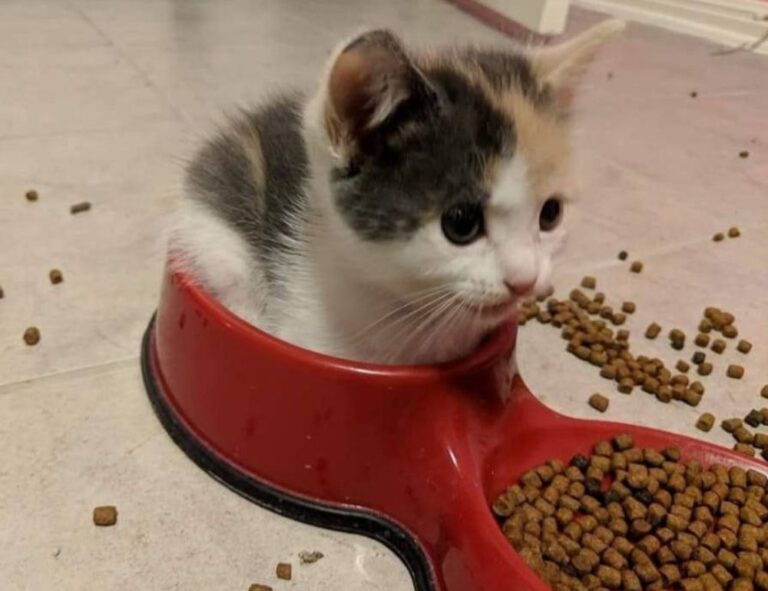







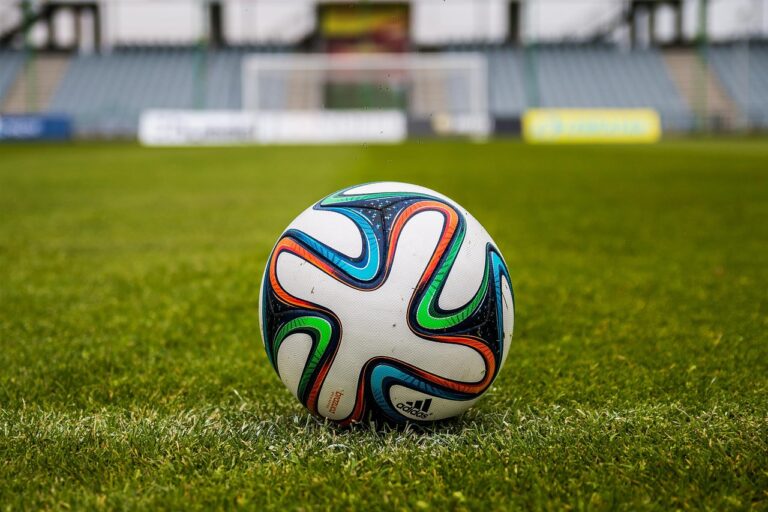









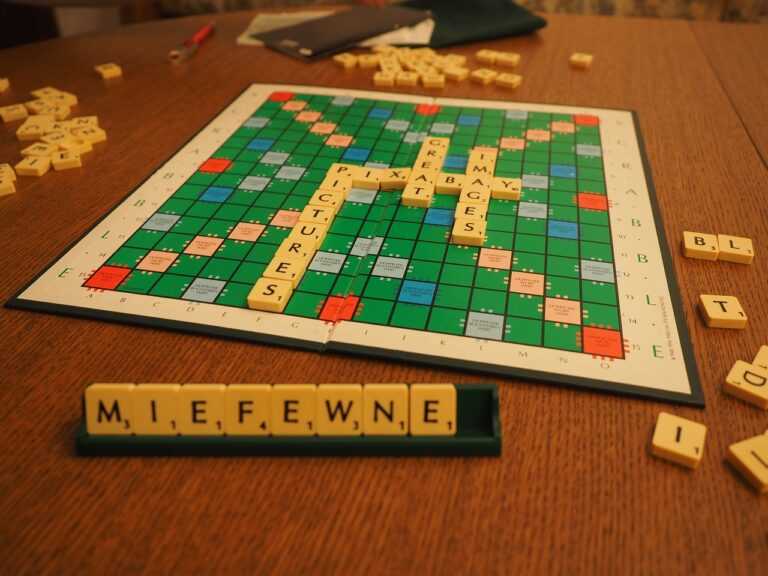

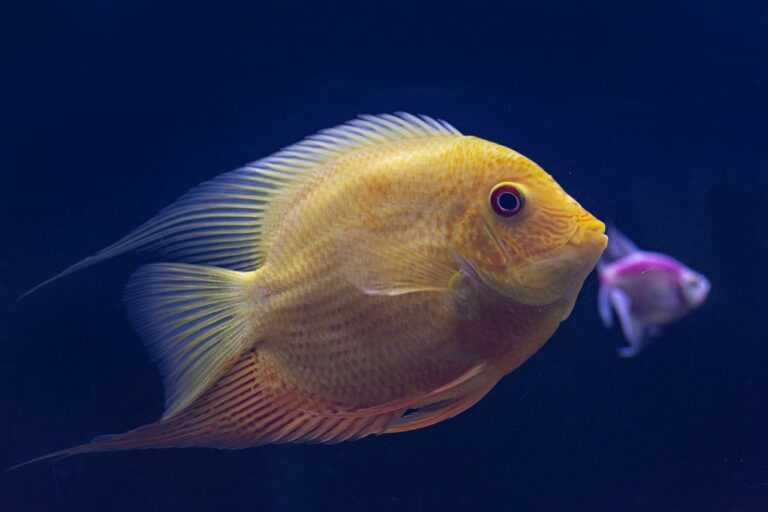



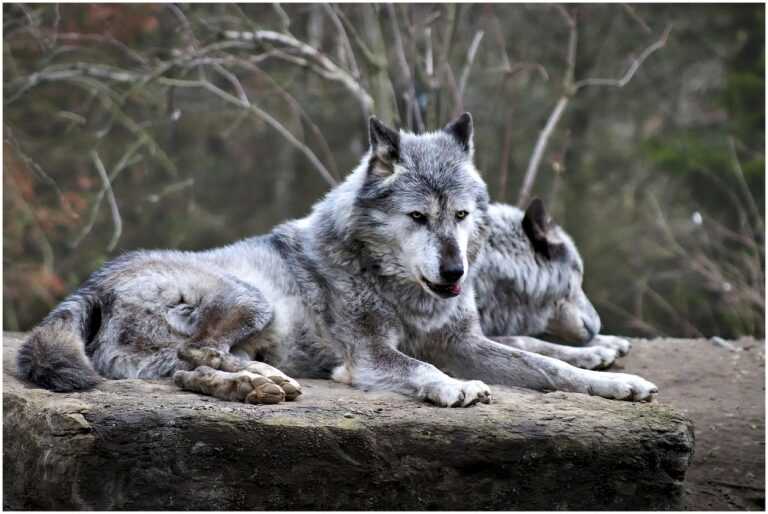










































































































































































































































































































































































































































































































































































































































































































































































































































































































































































































































































































































































































































































































































































































































































































































































































































































































































































































































































































































































































































 Mistyck Winstonolie, the visionary founder of Power Gamer Strategy Hub, has carved a dynamic niche in the gaming world by blending passion with purpose. Under her leadership, the platform has become a vital source for gamers seeking cutting-edge news, expert strategies, esports insights, and thoughtful reviews. Driven by a deep understanding of both casual and competitive gaming cultures, Mistyck continues to empower players and fans alike through engaging content that informs, inspires, and elevates the global gaming experience.
Mistyck Winstonolie, the visionary founder of Power Gamer Strategy Hub, has carved a dynamic niche in the gaming world by blending passion with purpose. Under her leadership, the platform has become a vital source for gamers seeking cutting-edge news, expert strategies, esports insights, and thoughtful reviews. Driven by a deep understanding of both casual and competitive gaming cultures, Mistyck continues to empower players and fans alike through engaging content that informs, inspires, and elevates the global gaming experience.